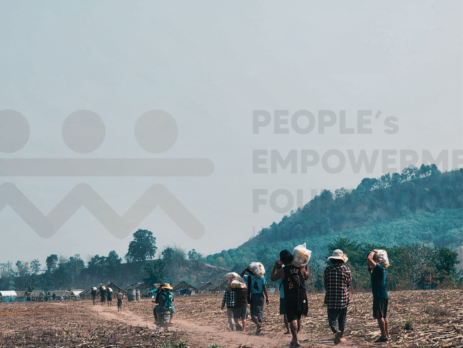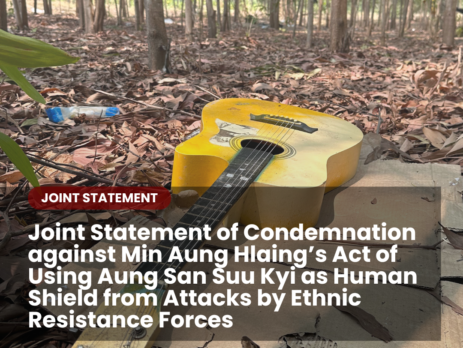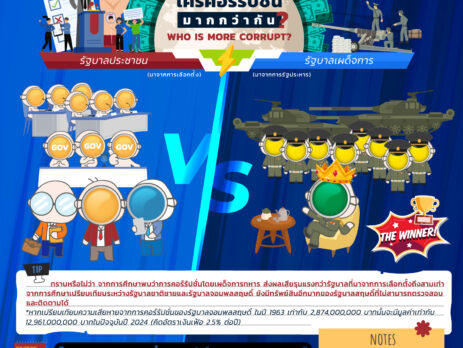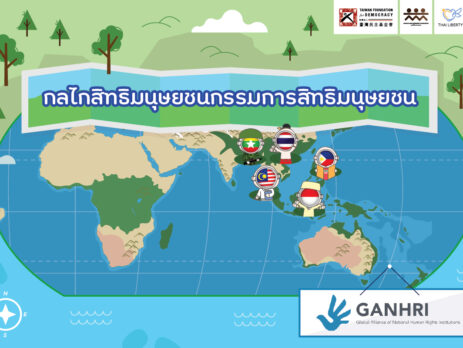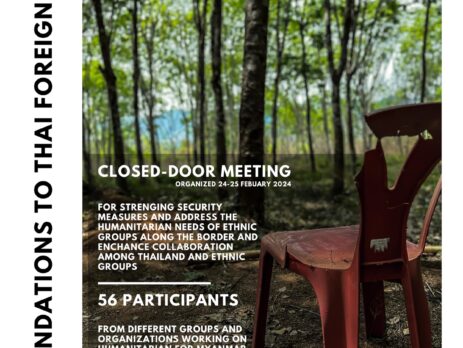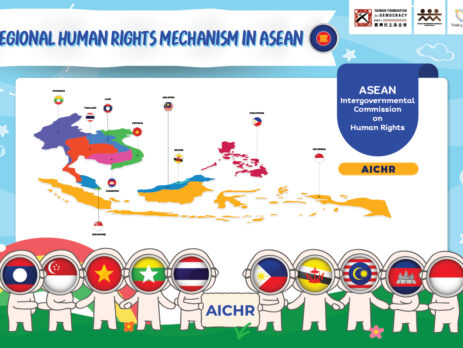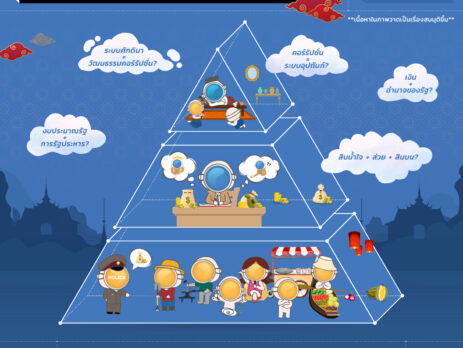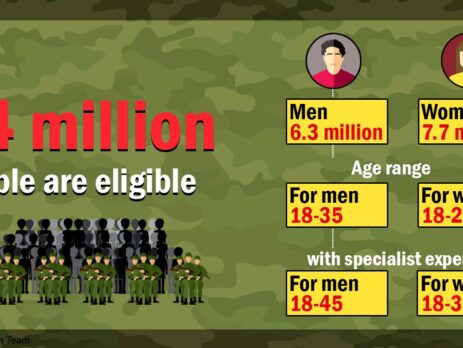5 ประเด็นสำคัญเกี่ยวกับอนุสัญญาสหประชาชาติว่าด้วยการต่อต้านการทุจริต

- บทที่ 2: มาตรการป้องกัน
บทที่ 2 เน้นมาตรการเชิงรุกเพื่อป้องกันการทุจริต รัฐภาคีได้รับการกระตุ้นให้ใช้นโยบายที่โปร่งใส รวมถึงการจัดซื้อจัดจ้างที่โปร่งใสและการจัดการทางการเงิน มันเน้นความสําคัญของข้าราชการตามคุณธรรมการเข้าถึงข้อมูลสาธารณะตุลาการอิสระและการมีส่วนร่วมอย่างแข็งขันของภาคประชาสังคม มาตรการเหล่านี้สร้างรากฐานสำหรับความซื่อสัตย์ความรับผิดชอบและการจัดการกิจการสาธารณะที่เหมาะสมซึ่งมีความสําคัญต่อการสร้างสังคมที่ปราศจากการทุจริต

- บทที่ 3: การทำให้เป็นอาชญากรรมและการบังคับใช้กฎหมาย
บทที่ 3 กล่าวถึงการทุจริตเฉพาะที่รัฐภาคีต้องดำเนินการทางอาญา รวมถึงการติดสินบน การยักยอก และการขัดขวางกระบวนการยุติธรรม มันสนับสนุนบทลงโทษสำหรับความผิดเช่นการรับสินบนการละเมิดหน้าที่และการฟอกเงิน บทนี้ยังครอบคลุมถึงการบังคับใช้การดำเนินคดีการคุ้มครองผู้แจ้งเบาะแสและการเยียวยาการทุจริต โดยมุ่งเน้นที่การบังคับใช้กฎหมายที่เข้มแข็ง เพื่อให้มั่นใจว่าผู้กระทำผิดจะถูกดำเนินคดีและผู้แจ้งเบาะแสจะได้รับการคุ้มครองในขณะที่ให้การชดเชยและอายัดทรัพย์สินที่ทุจริต

- บทที่ 4: ความร่วมมือระหว่างประเทศ
บทที่ 4 กำหนดความร่วมมือระหว่างประเทศทั้งทางอาญาและทางแพ่ง/การบริหารที่เกี่ยวข้องกับการทุจริต ทำให้ความร่วมมือเป็นข้อบังคับและส่งเสริมความร่วมมือระหว่างประเทศ บทนี้เน้นย้ำถึงความสําคัญของการแลกเปลี่ยนหลักฐานอํานวยความสะดวกในการดำเนินคดีในศาลที่มีประสิทธิภาพและเสริมสร้างความร่วมมือในการต่อต้านการทุจริตทั่วโลก

- บทที่ 5: การกู้คืนสินทรัพย์
บทที่ 5 เน้นถึงสิทธิในการกู้คืนทรัพย์สินสาธารณะที่ถูกขโมย ให้อำนาจแก่ประเทศต่างๆในการนํากฎหมายมาใช้เพื่อติดตามแช่แข็งริบและคืนเงินที่ได้มาจากกิจกรรมการทุจริต เงินที่กู้คืนสามารถส่งคืนไปยังรัฐที่ร้องขอหรือโดยตรงกับเหยื่อแต่ละราย บทนี้มุ่งเน้นไปที่การชดใช้ทรัพย์สินที่ถูกขโมยเพื่อให้แน่ใจว่าเงินจากการทุจริตจะถูกยึดและส่งคืนให้กับเจ้าของที่ถูกต้องของพวกเขามีส่วนร่วมในความยุติธรรมและการป้องกันการทุจริตในอนาคต
บทเหล่านี้รวมกันเป็นแกนหลักของ UNCAC จัดการกับการทุจริตอย่างครอบคลุมผ่านการป้องกันการทำให้เป็นอาชญากรรมความร่วมมือระหว่างประเทศและการกู้คืนทรัพย์สิน แต่ละบทมีบทบาทสำคัญในการส่งเสริมสังคมที่โปร่งใส ตรวจสอบได้ และปราศจากการทุจริตทั่วโลก
“การกระทำใดบ้างที่รวมอยู่ในคําจํากัดความของการทุจริต”

ในบทที่ 3 ของอนุสัญญาสหประชาชาติว่าด้วยการต่อต้านการทุจริต (UNCAC) มีการระบุและแก้ไขการทุจริตในรูปแบบต่างๆ แม้ว่าบทนี้จะไม่ได้ให้คําจํากัดความเดียวของ “การทุจริต” แต่ก็แสดงรายการการกระทำที่ทุจริตเฉพาะที่รัฐภาคีควรลงโทษทางอาญา การกระทำเหล่านี้รวมถึง:
- การติดสินบน: เกี่ยวข้องกับการเสนอ การให้ การรับ หรือการชักชวนสิ่งที่มีคุณค่าเพื่อมีอิทธิพลต่อการกระทำหรือการตัดสินใจของเจ้าหน้าที่ในการปฏิบัติหน้าที่โดยมีเจตนาที่จะได้เปรียบอย่างไม่เหมาะสม
- การยักยอก: หมายถึงการยักยอกหรือขโมยเงินหรือทรัพย์สินสาธารณะโดยเจ้าหน้าที่ของรัฐที่ได้รับมอบหมายให้ดูแล
- การขัดขวางกระบวนการยุติธรรม: เกี่ยวข้องกับการกระทำที่แทรกแซงการบริหารงานของกฎหมายที่เหมาะสม รวมถึงการยุ่งเหยิงกับพยานหลักฐาน พยาน หรือกระบวนการยุติธรรม
- การปกปิดเงินทางอาญา: สิ่งนี้เกี่ยวข้องกับการกระทำที่ดำเนินการเพื่อซ่อนหรือปิดบังที่มาของเงินหรือทรัพย์สินที่ได้รับจากกิจกรรมทางอาญาเช่นการทุจริต
บทนี้ยังสนับสนุนให้รัฐภาคีลงโทษการกระทำที่เกี่ยวข้องกับการทุจริตเพิ่มเติมรวมถึงการรับสินบนการซื้อขายอิทธิพลการใช้อำนาจในทางที่ผิดการเพิ่มคุณค่าที่ผิดกฎหมายการติดสินบนภาคเอกชนการฟอกเงินและการปกปิดทรัพย์สินที่ผิดกฎหมาย
แม้ว่า UNCAC จะไม่ได้ให้คําจํากัดความเดียวของ “การทุจริต” แต่ก็มีกรอบการทำงานที่ครอบคลุมสำหรับการระบุและลงโทษการทุจริตที่หลากหลายซึ่งจะช่วยส่งเสริมความโปร่งใสความรับผิดชอบและหลักนิติธรรม
5 Key Focal Points on United Nations Convention Against Corruption: UNCAC

- Chapter 2: Preventive Measures
Chapter 2 emphasizes proactive measures to prevent corruption. States Parties are urged to adopt transparent policies, including transparent procurement and financial management. It stresses the importance of a merit-based civil service, public access to information, an independent judiciary, and active involvement in civil society. These measures create a foundation for integrity, accountability, and proper management of public affairs, which is crucial for building corruption-free societies.

- Chapter 3: Criminalization and Law Enforcement
Chapter 3 outlines specific corrupt practices that States Parties must criminalize, including bribery, embezzlement, and obstruction of justice. It encourages penalties for offenses like accepting bribes, abuse of function, and money laundering. The chapter also covers enforcement, prosecution, whistleblower protection, and remedies for corruption. It focuses on robust law enforcement, ensuring that perpetrators are prosecuted and whistleblowers are safeguarded while providing compensation and freezing corrupt assets.

- Chapter 4: International Cooperation
Chapter 4 mandates international cooperation in both criminal and civil/administrative corruption-related matters. It eases the requirement of dual criminality, making cooperation mandatory and promoting collaboration between countries. This chapter emphasizes the importance of exchanging evidence, facilitating effective court proceedings, and enhancing cooperation to combat corruption globally.

- Chapter 5: Asset Recovery
Chapter 5 highlights the right to recover stolen public assets. It empowers countries to adopt laws to trace, freeze, forfeit, and return funds acquired through corrupt activities. Recovered funds can be returned to the requesting state or directly to individual victims. This chapter focuses on the restitution of stolen assets, ensuring that the proceeds of corruption are confiscated and returned to their rightful owners, contributing to justice and the prevention of future corruption.
These chapters collectively form the backbone of UNCAC, addressing corruption comprehensively through prevention, criminalization, international cooperation, and asset recovery. Each chapter plays a vital role in fostering transparent, accountable, and corruption-free societies worldwide.
“What actions are encompassed within the definition of ‘corruption’?”

In Chapter 3 of the United Nations Convention against Corruption (UNCAC), various forms of corrupt practices are identified and addressed. While the chapter doesn’t provide a single definition of “corruption,” it lists specific corrupt acts that States Parties should criminalize. These acts include, but are not limited to:
- Bribery: This involves offering, giving, receiving, or soliciting something of value to influence the actions or decisions of an official in the discharge of their duties, with the intent to gain an improper advantage.
- Embezzlement: This refers to the misappropriation or theft of public funds or property by a public official entrusted with their care.
- Obstruction of Justice: This involves actions that interfere with the proper administration of law, including tampering with evidence, witnesses, or judicial processes.
- Concealment of Criminal Proceeds: This pertains to actions taken to hide or obscure the origins of funds or assets obtained through criminal activities, such as corruption.
The chapter also encourages States Parties to penalize additional corruption-related acts, including accepting bribes, trading in influence, abuse of function, illicit enrichment, private sector bribery, money laundering, and the concealment of illicit assets.
While UNCAC doesn’t define “corruption,” it offers a comprehensive framework for identifying and criminalizing a wide range of corrupt practices, thereby promoting transparency, accountability, and the rule of law.


